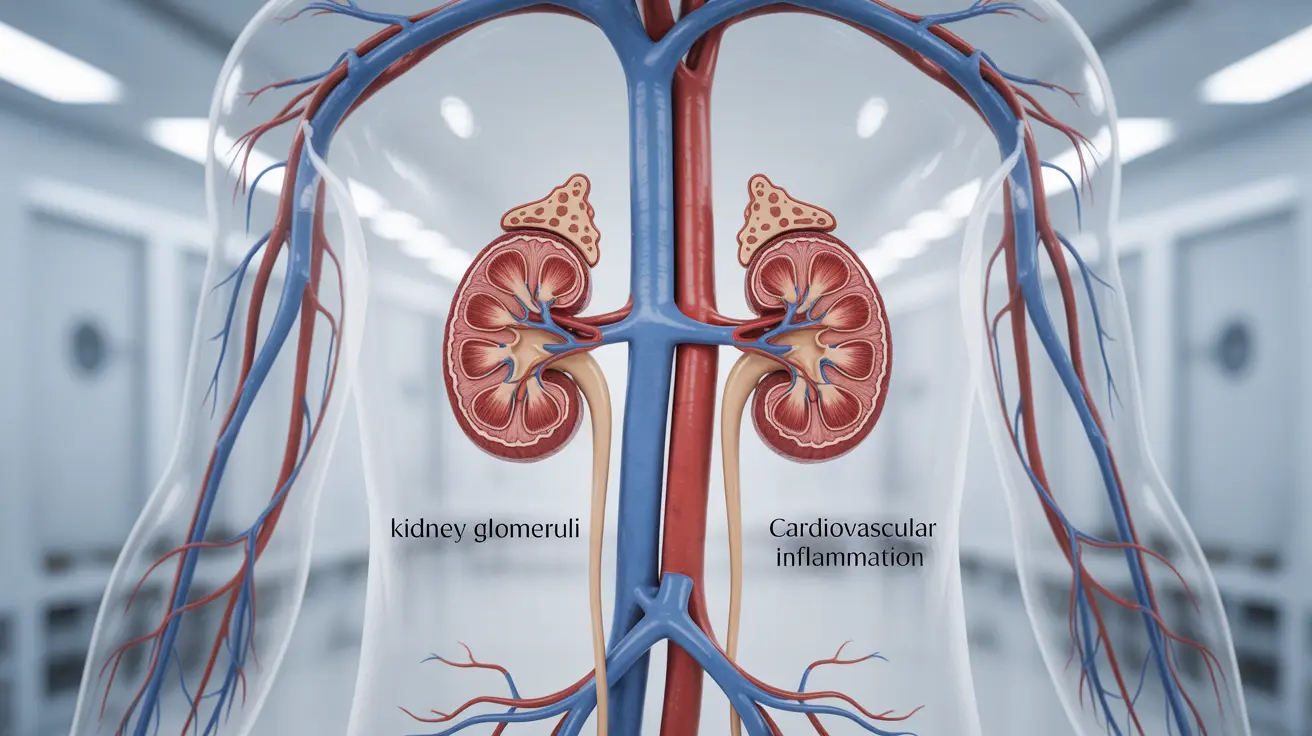Lupus is a complex autoimmune disease that can affect multiple organs and systems throughout the body. Understanding the progression and final stages of lupus is crucial for patients and their caregivers to ensure appropriate care and support. This comprehensive guide explores the symptoms, complications, and management strategies associated with advanced lupus.
Understanding Advanced Lupus Symptoms and Complications
Advanced lupus can present with various severe symptoms that significantly impact a person's quality of life. The most common manifestations include extreme fatigue, severe joint pain, and organ involvement. Particularly concerning is the development of lupus nephritis, which affects the kidneys and can lead to serious complications if left untreated.
Critical Organ Involvement
In advanced stages, lupus can affect several vital organs:
- Kidneys (lupus nephritis)
- Heart and blood vessels
- Lungs and respiratory system
- Central nervous system
- Blood and immune system
Signs of Severe Disease Progression
Recognition of severe symptoms is crucial for early intervention:
- Severe kidney dysfunction
- Breathing difficulties
- Neurological complications
- Cardiovascular problems
- Severe blood disorders
Managing Advanced Lupus Complications
Proper management of advanced lupus requires a comprehensive approach combining medical treatment with lifestyle modifications. Regular monitoring of organ function and prompt treatment of complications are essential for maintaining quality of life and preventing further deterioration.
Medical Interventions
Treatment typically involves:
- Immunosuppressive medications
- Corticosteroids
- Targeted biological therapies
- Regular monitoring of organ function
- Management of specific complications
Prevention and Quality of Life Improvements
While advanced lupus requires careful medical management, several lifestyle modifications can help improve outcomes:
- Maintaining a balanced diet
- Regular, gentle exercise when possible
- Stress management techniques
- Adequate rest and sleep
- Avoiding sun exposure
- Regular medical check-ups
Frequently Asked Questions
What are the typical symptoms in the final stages of lupus?
The final stages of lupus often involve severe organ damage, particularly affecting the kidneys, heart, and lungs. Symptoms may include severe fatigue, difficulty breathing, chest pain, confusion, and severe kidney dysfunction. Regular medical monitoring is essential to manage these symptoms effectively.
How does lupus nephritis affect the body, and what are the common symptoms?
Lupus nephritis causes inflammation of the kidneys, potentially leading to kidney failure if untreated. Common symptoms include swelling in the legs and feet, high blood pressure, changes in urination patterns, and blood in the urine. Regular kidney function tests are crucial for early detection and management.
What are the most common causes of death in people with lupus?
The most common causes of death in people with lupus include severe kidney disease, infections due to compromised immune system, cardiovascular complications, and severe organ damage. Early detection and aggressive treatment of these complications can help improve outcomes.
How do you manage and prevent severe complications in lupus?
Managing severe complications involves regular medical monitoring, adherence to prescribed medications, prompt treatment of infections, and lifestyle modifications. Working closely with a healthcare team and following treatment plans carefully are essential for preventing complications.
What lifestyle changes can help improve the quality of life for someone with lupus?
Important lifestyle changes include maintaining a healthy diet, getting adequate rest, avoiding sun exposure, managing stress, exercising appropriately, and avoiding smoking. Regular communication with healthcare providers and following medical advice are also crucial for maintaining quality of life.
Understanding and managing the progression of lupus requires a comprehensive approach combining medical treatment with lifestyle modifications. With proper care and support, many people with lupus can maintain their quality of life and manage their symptoms effectively.




